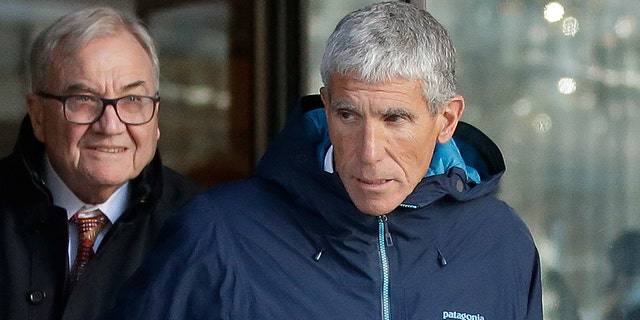
by naharnet – U.S. Secretary of State Mike Pompeo on Friday urged Lebanon to pick a side as he visited the country on a regional tour to build a united front against Iran. He especially expressed concern over the role of Hizbullah, an Iran-backed movement that is targeted by U.S. sanctions but holds three cabinet posts in Lebanon. “Lebanon and the Lebanese people face a choice: bravely move forward as an independent and proud nation or allow the dark ambitions of Iran and Hizbullah to dictate your future,” he said during a joint news conference with his Lebanese counterpart Jebran Bassil. “The U.S. will continue to use all peaceful means, everything at our disposal to choke off the financing, the smuggling, the criminal network and the misuse of government positions and influence,” by Hizbullah, he said. “We will not hesitate to call out those who actively and passively support those activities,” he added.
Pompeo also accused Hizbullah of being an obstacle in the face of the Lebanese people’s dreams. “We believe that our work is already constraining Hizbullah’s activities and we will continue to support Lebanon and its people,” Pompeo was quoted as saying during the press conference. “It will take courage for Lebanon to stand up to Hizbullah’s criminality, terror, and threats,” he added. Pompeo also accused Hizbullah of putting Lebanon on the frontlines of Iran’s proxy campaigns and of “stealing” the Lebanese state’s funds. “How does stockpiling tens of thousands of missiles in Lebanon territory for use against Israel make this country stronger?” asked Pompeo, referring to Hizbullah’s arsenal that the group boasts can strike any part of Israel. “Hizbullah and its illegitimate militia put the entire country on the front lines of Iran’s misguided proxy campaign,” Pompeo added.








